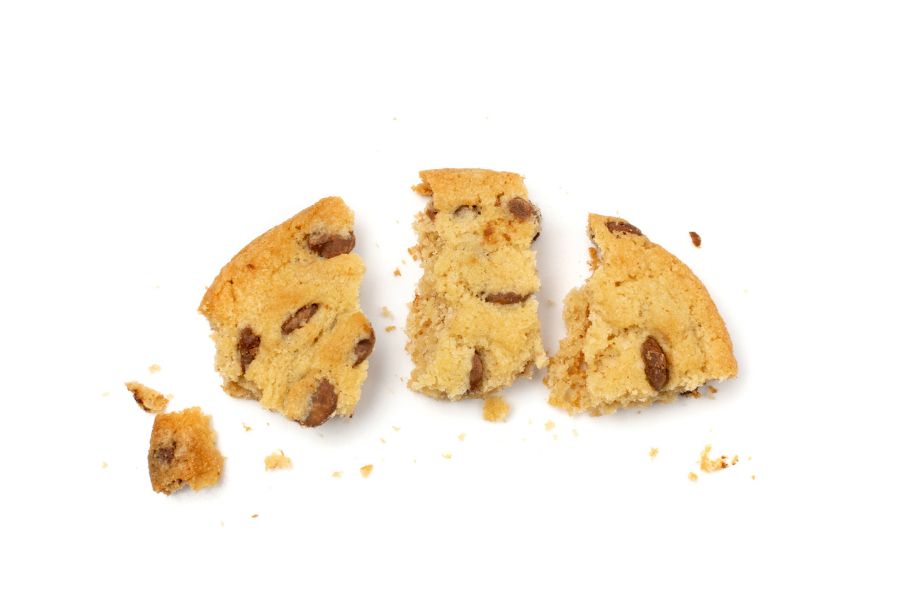Google’s plans to eliminate third-party cookies in its Chrome browser by the end of 2024 begins today.
The tech giant has scheduled a gradual phase-out starting today, January 4, with 1% of cookies affected, allowing marketers time to adapt before their complete removal by the end of the year.
While Google did not reveal the exact figure of cookies for internet users immediately affected, according to various reports, the number could reach up to 30 million.
Kunal Guha, the director of privacy partnerships for Asia Pacific at Google, in an exclusive opinion piece for Campaign after Google announced the testing of Tracking Protection in early 2024, called for industry support, including the likes of SSPs (supply-side platforms) and DSPs (demand-side platforms).
One DSP that has introduced identity solutions is The Trade Desk, whose senior vice president, Mitch Waters, tells Campaign brands must understand where their audience is on the open internet and which identity solution is best.
“Marketers must learn to combine the different solutions in the market to get a meaningful picture of consumer behaviour and engagement across all channels,” explains Waters.
“The cookieless future will not be a place with one winning solution, but rather a patchwork of different solutions created to do what cookies never did: benefit advertisers and support the consumer experience.”
Data onboarding company LiveRamp said it welcomes the 1% third-party cookie deprecation in Google’s Chrome, as it has been preparing for the signal-less future for some time.
“Companies that make the switch today have the benefit of selecting from solutions like LiveRamp’s Authenticated Traffic Solution (ATS),” said Travis Clinger, the chief connectivity and ecosystem officer at LiveRamp.
“Furthermore, implementing these solutions can lead to immediate benefits in both Google Chrome and cookieless browsers, but also beyond to mobile in-app and CTV, all while also enabling companies to test and benchmark while the cookie still exists today.”
One of the ways to tackle signal loss is with data clean rooms (DCRs), which promises to reconnect data that advertisers can use for targeting, personalisation and measurement. Campaign recently spoke to OMG to find out how its helping its clients to address signal loss with DCRs.











